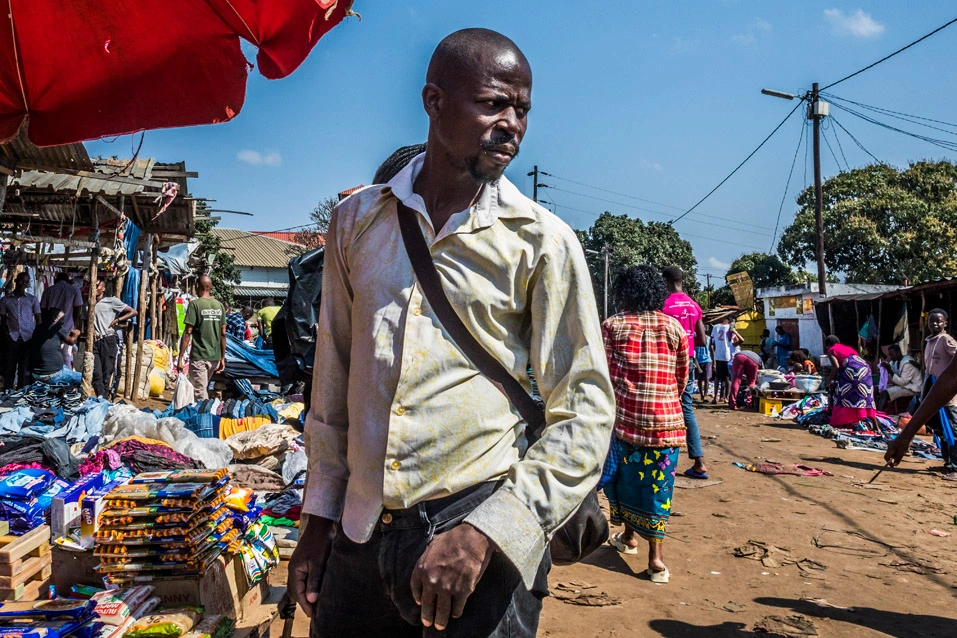Public sentiment in Mozambique is undergoing a significant transformation following recent local elections.
Previously, vendors at Maputo’s bustling Xipamanine market were staunch supporters of the ruling party, Frelimo.
However, a new wave of support is now visibly aligning with the primary opposition, Renamo.
A change in the local authorities’ behavior towards the vendors has resulted in mounting frustrations.
Accusations of unfair treatment, confiscation of goods, and even election fraud against Frelimo are increasingly commonplace.
Xipamanine market, a hub where thousands work and an array of items from food to auto parts are sold, now showcases this political shift.
Renamo-branded clothing is becoming frequent, indicating a changing allegiance among the vendors.
Since Mozambique won its independence from Portugal in 1975, Frelimo has dominated the political landscape.
The party has secured victory in all elections following the end of the civil war in 1992. However, the most recent elections suggest this trend may be reversing.
Renamo, represented by their Maputo mayoral candidate, Venancio Mondlane, is gaining significant traction.
Social activist Fatima Mimbire criticizes Frelimo for fostering a rising sense of despair and injustice among the populace.
This discontent seems to be growing at an alarming rate, evident from daily public unrest and internal disputes within Frelimo itself.

Adding to this, a scathing letter from Samora Machel Junior, a committee member of Frelimo and son of Mozambique’s first president, calls for immediate internal reforms within the party.
Mozambique’s Bar Association has also intervened, demanding the resignation of the entire Mozambique Electoral Commission, citing alleged malpractice.
Observers interpret these developments as potential signs of Frelimo’s weakening grip on power.
To sum up, Mozambique finds itself at a critical juncture.
Amid economic challenges and a growing insurgency in the northern province of Cabo Delgado, Frelimo’s future looks increasingly uncertain.
The party’s uninterrupted rule is facing various threats, and the world is watching keenly.
Background
Frelimo has a rich history that goes back to its formation in 1962 as a liberation movement fighting Portuguese colonial rule.
After achieving independence in 1975, the party transitioned into governance and initially maintained a socialist ideology.
However, with the end of the civil war in 1992, it adopted multi-party politics. Despite several transitions, Frelimo has remained victorious in every election.
However challenges like poverty, corruption, and a recent insurgency in Cabo Delgado are contributing factors to the evolving public opinion.
As Mozambique heads towards its next general elections, whether Frelimo can adapt and regain public trust remains an open question.

